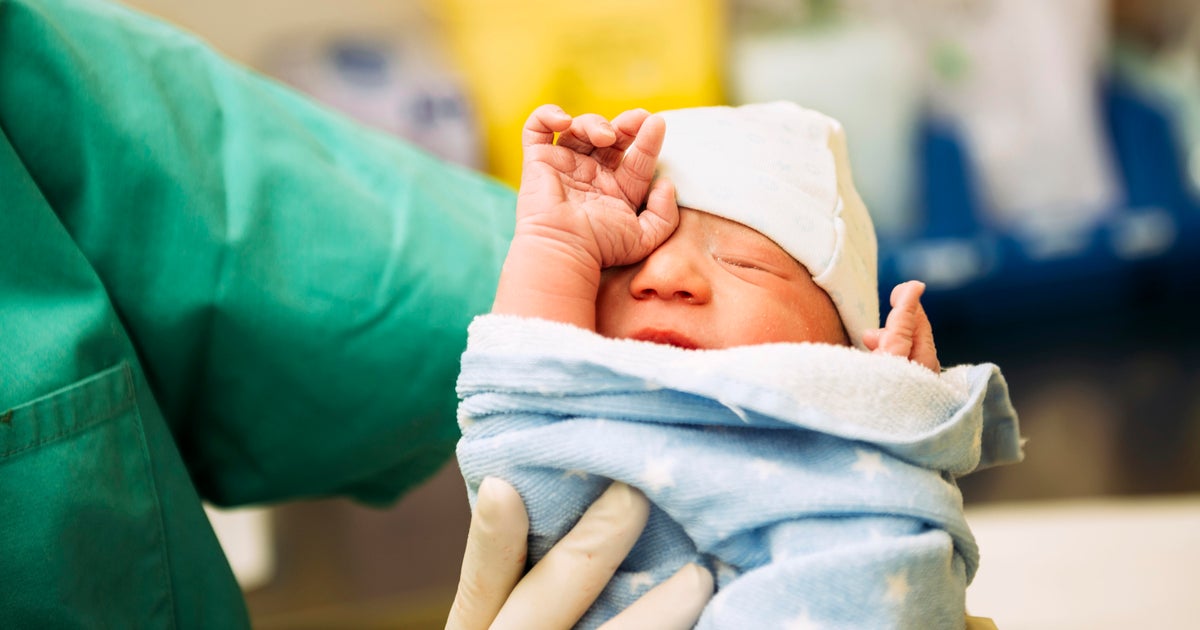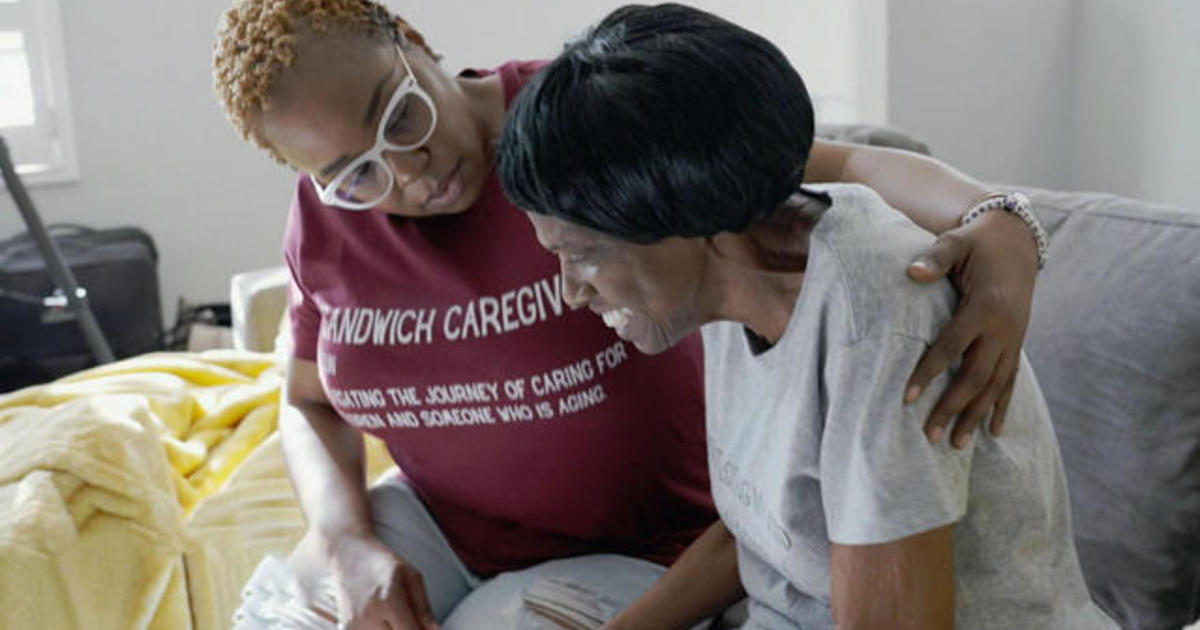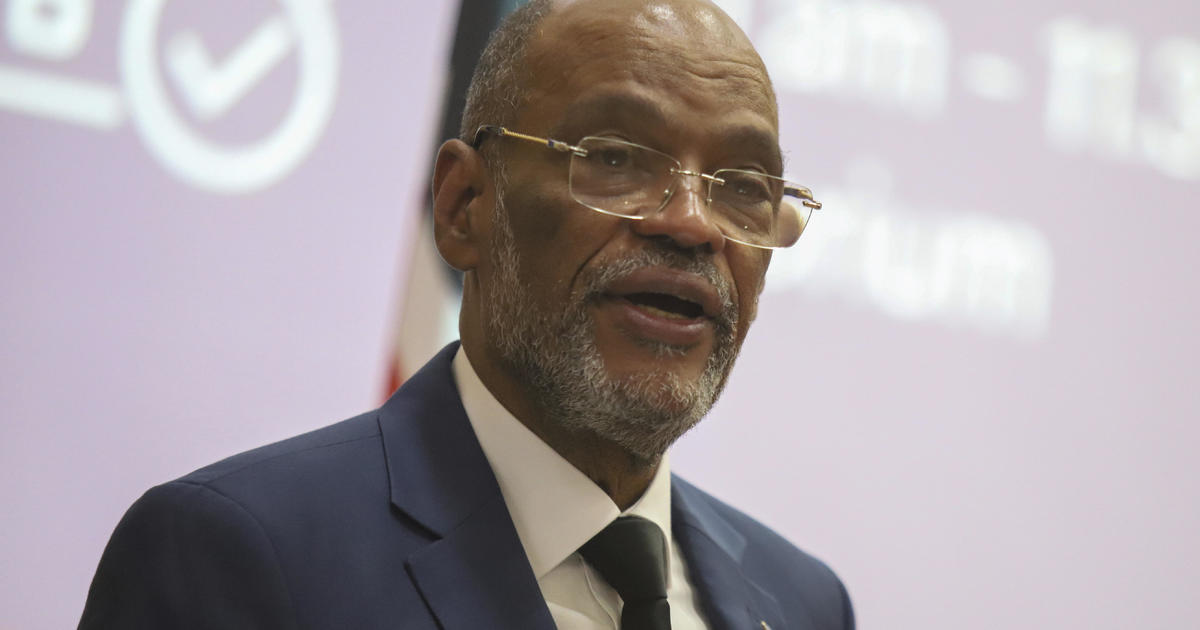CEO of Royal Caribbean Cruises on new safety protocols and the push to set sail again
It's estimated about 15 million people in the United States would have gone on a cruise in the last year. That number dropped to zero after the coronavirus pandemic hit.
In his first sit-down interview since the pandemic began, Richard Fain, CEO of Royal Caribbean Cruises, told CBS News he's pushing to set sail again, now that there's more information about how to stop the spread of COVID-19.
"We would like to work closely with the CDC (Centers for Disease Control and Prevention) to make sure that we do that in a safe and healthy way," Fain told CBS News' Errol Barnett.
No cruise ship has left a U.S. port with passengers in over a year. Last February, a major COVID-19 outbreak on the Diamond Princess left passengers stuck at sea for nearly a month. Shortly after, another outbreak occurred onboard The Grand Princess. In total, more than 800 people got COVID-19 and over a dozen died.
But on March 14, 2020, the CDC issued a No Sail Order for cruise ships, stopping all cruises from the United States. But that hasn't stop Americans from going on cruises.
"I've done four cruises since COVID appeared and I will be doing another one very soon," Morgan O'Brien, an American travel video blogger living in Germany said.
Cruises in other parts of the world have resumed services with added safety protocols and social distancing rules in place.
"Onboard the ship, we are required to wear a surgical mask at any time we're moving around the ship," O'Brien said.
In one of the videos he recorded, he is asking the CDC to follow protocols that cruise ships outside the U.S. are already using.
"People are getting temperature checks every day. We have to be tested 72 hours before the cruise leaves and of course, it has to be a negative PCR test. They only have balcony cabins," he said.
Royal Caribbean has tested those systems abroad and Fain said they've seen encouraging results.
"The Royal Caribbean group alone has carried over a hundred thousand guests. And of that, we've only had 10 cases. We would like to be treated in a very similar way to the airlines and other forms of transportation as we're re-emerging into society," he said.
Last Friday, the CDC unveiled technical steps for cruise operators to follow, including trial voyages with volunteers and updating the definition of COVID-like illness for reporting. But it has not set a specific return date.
Some cruise lines are also choosing to install better filtration systems to clean the air and other additional safety features.
"All the cruise lines are working towards the best protocols that includes new ways of circulating air and filtration, includes cleanliness, ways to clean areas. It includes testing," Fain said.
The CDC also recommends all passengers and crew get vaccines before they board. Royal Caribbean and Norwegian Cruise Line said they will require all passengers and crew to be vaccinated.
"Nobody can guarantee anybody is safe from COVID anywhere in America or anywhere else. Actually, the irony is, if you go on a ship, you're going to reduce your risk of coming down with the virus," he said.
Fain said that's because they test before, during and after the trip and can isolate any positive cases.
He also spoke about a contact-tracing tool, a wearable device called a "Tracelet." It is a wristband containing a radio-frequency identification (RFID) chip that can track everywhere you're going, and who you may come into contact with while on board.
Royal Caribbean said they are also using cameras to help track the movements of everyone and can identify your close contacts within an hour.
Cruise Lines are hoping to resume service by July 4.



